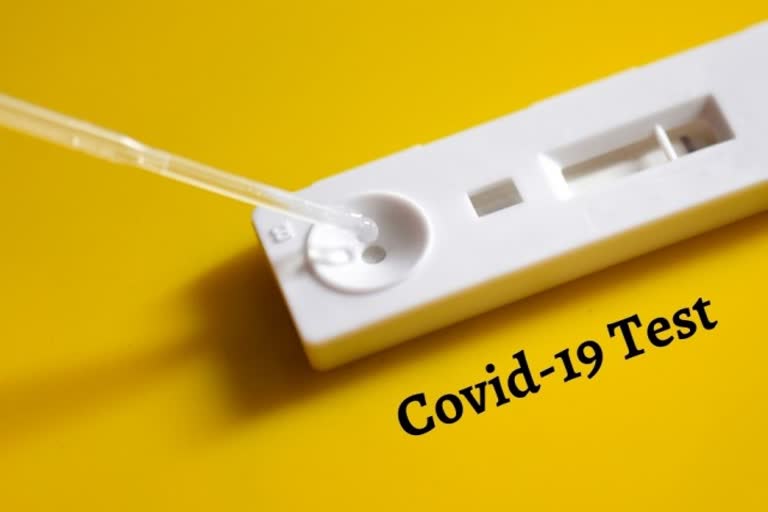As cases went down during widespread lockdowns, it led to the lifting of curbs on movement and the opening up of shared indoor spaces such as restaurants, etc. England, which is more than 50% vaccinated is still facing a small surge due to the delta variant and the lifting of pandemic restrictions. As of now, only 4% of India’s adult population is fully vaccinated, so the potential for unchecked spread is far greater.
All these indicate that unless we do something different than last time, another wave of COVID-19 is likely. There is an effective public health tool that the Indian government has so far not made use of and that is the universal weekly testing of asymptomatic individuals using “At Home Rapid Antigen Tests.
Self-administered rapid antigen tests, like pregnancy tests, are paper-strip based. To take the test, you use a cotton swab to collect from the front part of the interior of the nose (as opposed to the deep, painful RT-PCR Nasopharyngeal (NP) swab). You then mix the swab into a small tube pre-filled with a buffer solution and drip the mixture onto the paper strip. After 15-30 minutes, one line appearing on the strip indicates a negative result, and two lines, a positive result.
Apart from being fast and easy-to-use, new evidence suggests that these tests are very accurate at detecting the presence of COVID-19 in people who are actively spreading the virus (Sensitivity exceeds 80% in cases with corresponding RT-PCR CT values less than 30, and reaches 100% in cases approaching peak viral loads). Epidemiological models from public health experts at Harvard show that when deployed widely, even a relatively insensitive rapid antigen test with a false-negative rate of 40% would significantly help curb outbreaks—because when untested, every infected individual is effectively a false negative. These tests are also inexpensive and can be manufactured in India for as little as Rs. 50 a test.
Many countries in the world, Germany and UK, have made self-administered rapid antigen tests available for regular testing via national programs to subsidize and distribute them. ICMR has recently approved two at-home rapid antigen tests, one from MyLab and one from Abbott, but their advisory suggests these tests are only be used in symptomatic individuals or their close contacts, and not “indiscriminately”. But this misses the most important feature of how rapid tests can be used – for frequent screening of asymptomatic people to help curb the spread. We recommend that the Government of India deploy these tests in major metropolitan areas such as Mumbai, Delhi, Pune, Bangalore, and Ahmedabad, as well as emerging hotspots across rural India, to test every individual in those areas at least once a week. If you test a large fraction of the population of an area with these tests regularly, asymptomatic and presymptomatic people who have COVID-19 but would be otherwise unaware can self-isolate instead of spreading the disease, dramatically reducing the incidence of new cases.
Also Read:Post-Hospitalization Care For COVID Patients
Population-scale rapid-testing works—Slovakia curbed new cases by 70% in just three weeks by rapid-testing the entire population. Vaccination is the long-term solution to the crisis, but it will take several months for our manufacturing and distribution capacity to step up sufficiently. Meanwhile, we need a scalable testing strategy that allows the infected to identify their status as carriers and self-isolate.
We hope that spreading this message will motivate the national government and state governments to adopt self-administered rapid antigen tests as an important part of their pandemic response toolkits. The supply chain for these tests can be completely indigenized, and if manufacturing is significantly scaled up, these tests could be made for as little as Rs. 20.
